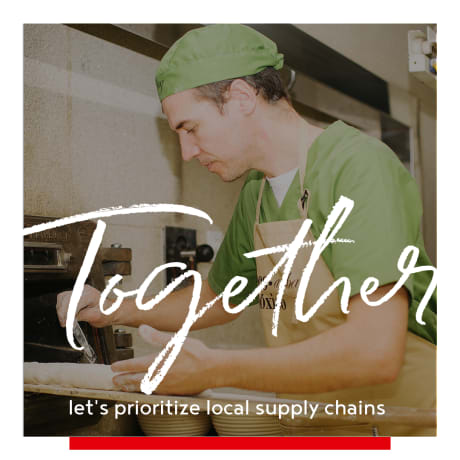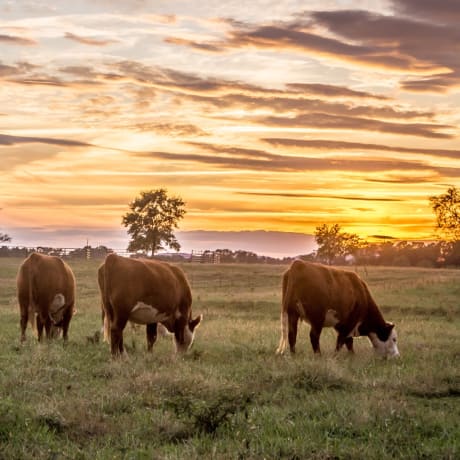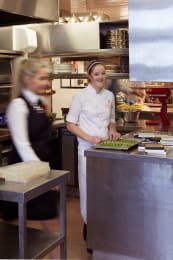Together, let’s prioritize local sourcing
Increasing demand for food can lead to land, such as forests, being converted for agricultural use. The replacement of the natural environments with crops and or livestock farming can result in a loss of animal and plant life, as can the use of chemical fertilizers and pesticides. As well as contributing to biodiversity loss and environmental pollution, agriculture can accelerate climate change through the release of greenhouse gases and the destruction of plants and woodlands that store carbon dioxide.
Higher welfare standards on farms offer animals better treatment and living conditions. Ethical farming practices can mean animals have more space and varied natural environments to live in, as well as supporting biodiversity by preserving habitats for plants and insects.
Support Biodiversity & Animal Welfare
You need to have the right people around you to make your new bakery or pastry store a success. To do this, some professionals choose to source locally, as opposed to looking to the other side of the world. Claudio Arbibay Couñago is part of the fourth generation to run a family bakery in Porriño in Spain that has been making bread since 1882, and he too has made this choice. He explains:
Around 10 years ago, we began searching for more local varieties of cereal to make our bread. We realized that farmers in our region only cultivated two main varieties of wheat, mainly due to price demands from large scale businesses. We started working with local growers to source local varieties such as spelt and buckwheat. Last year, we tripled our buckwheat bread production.





